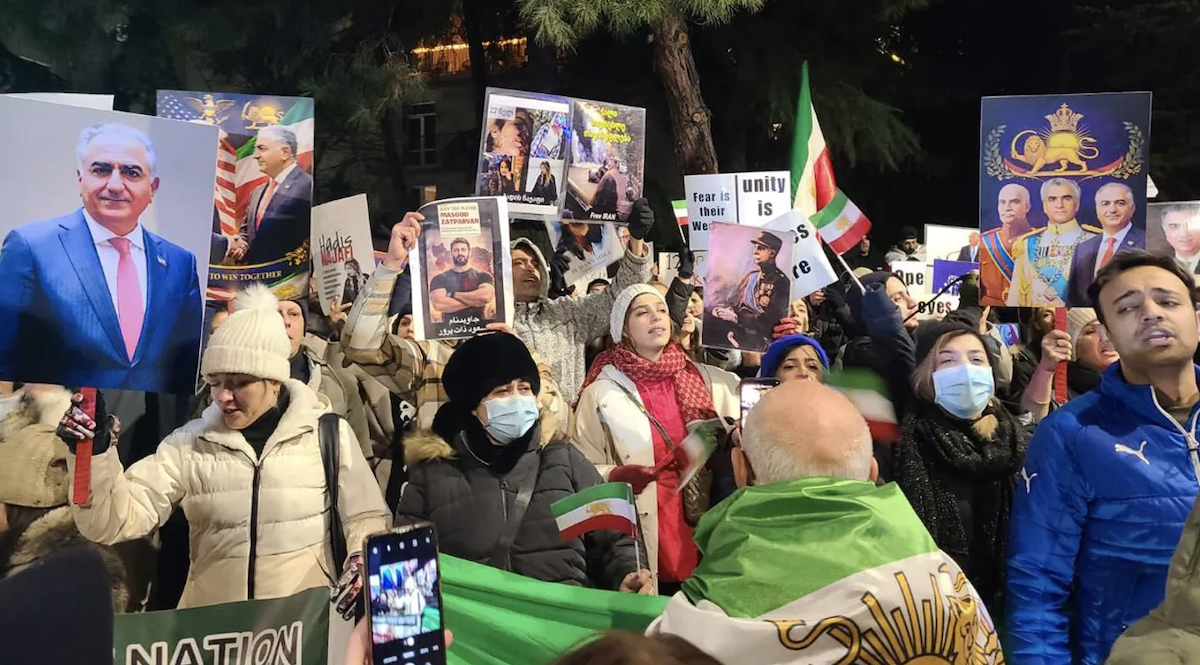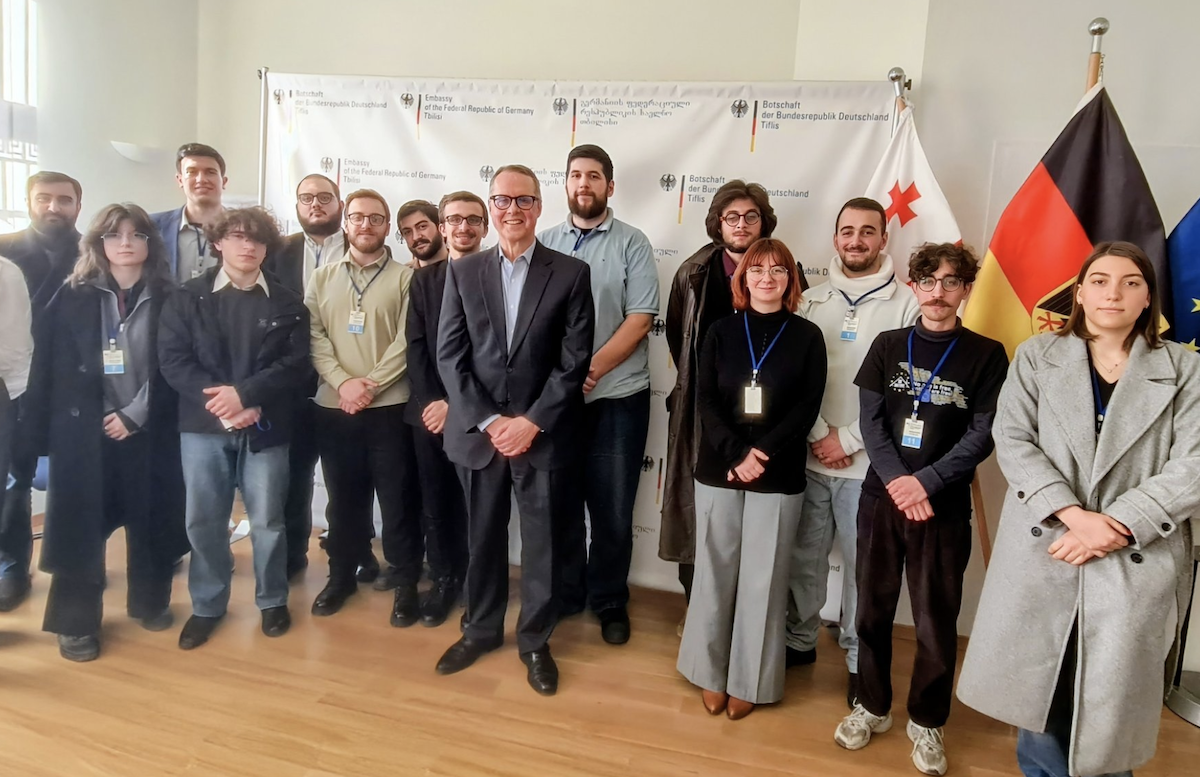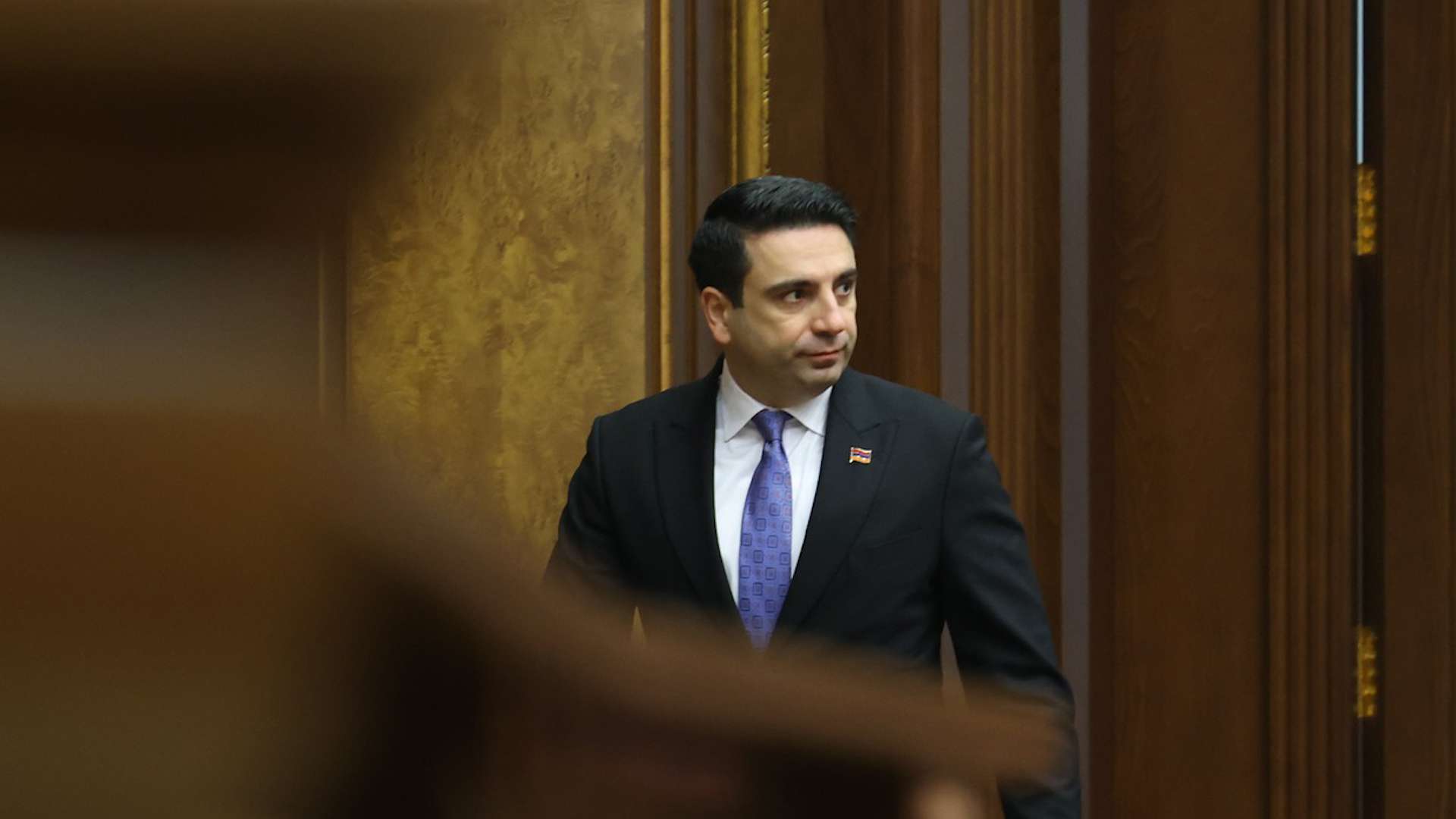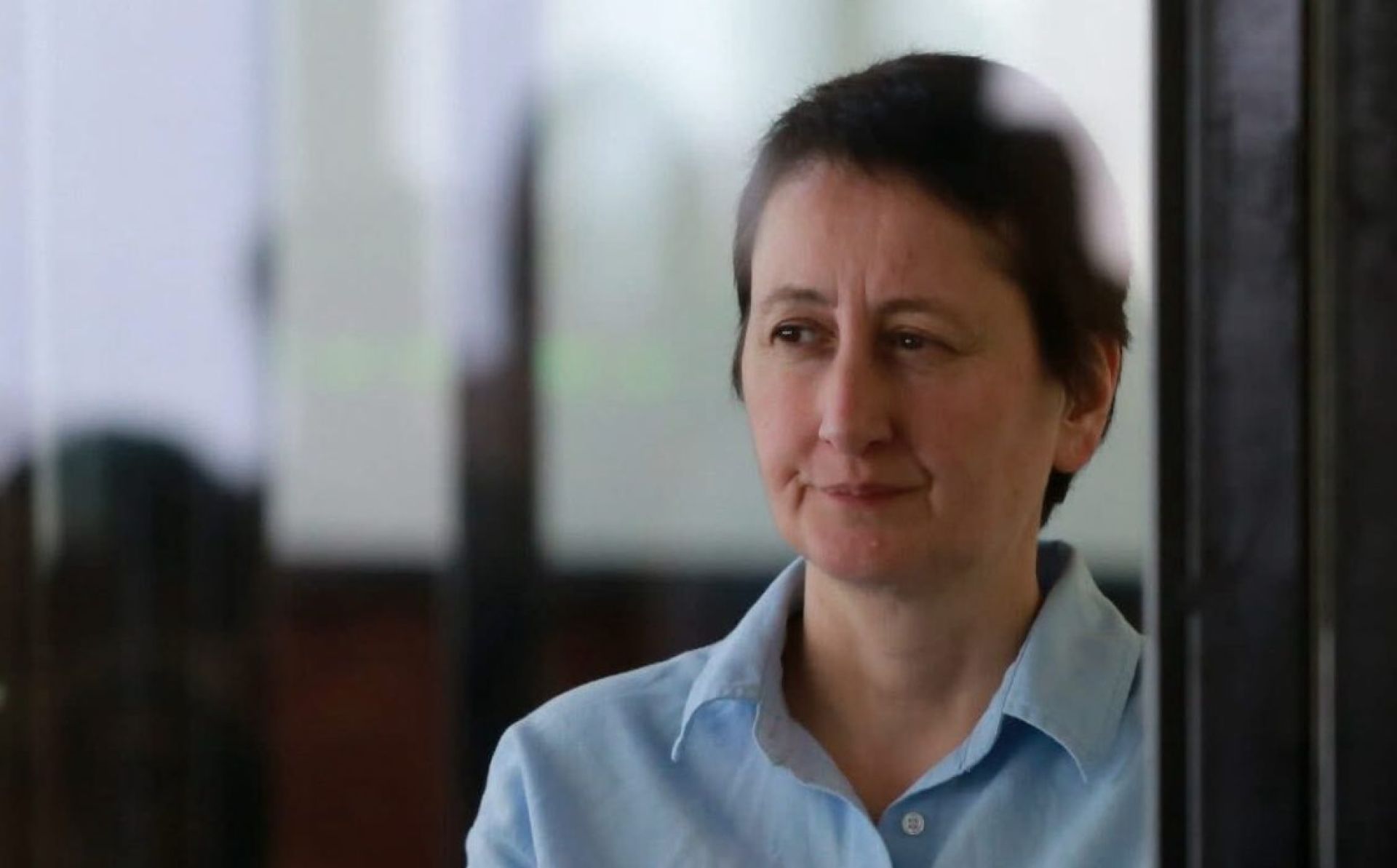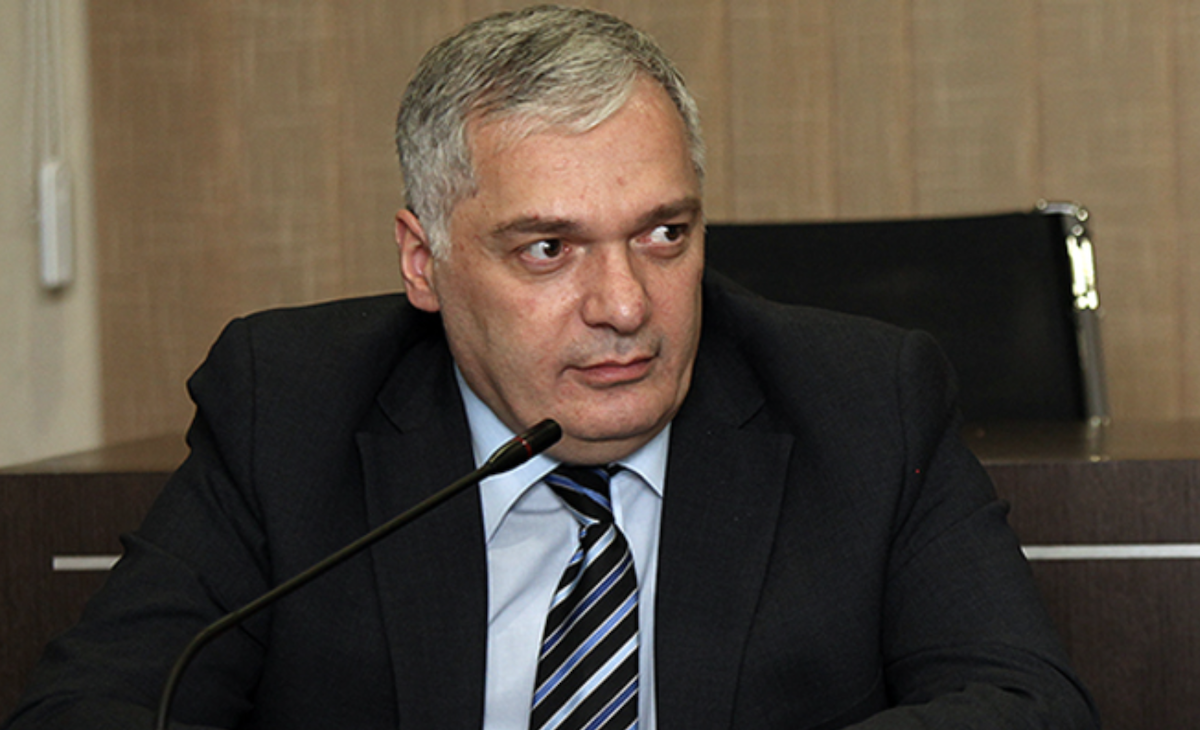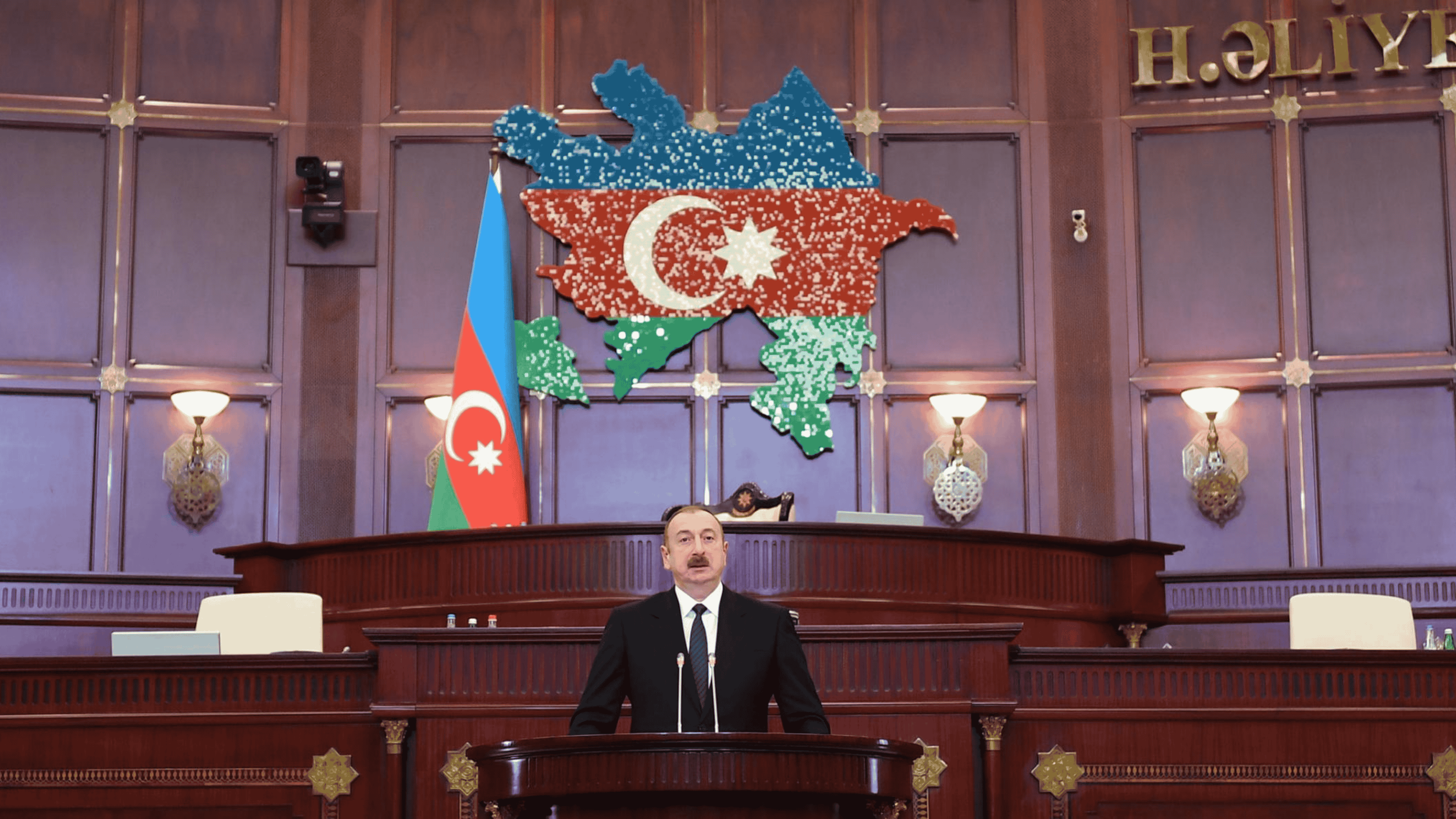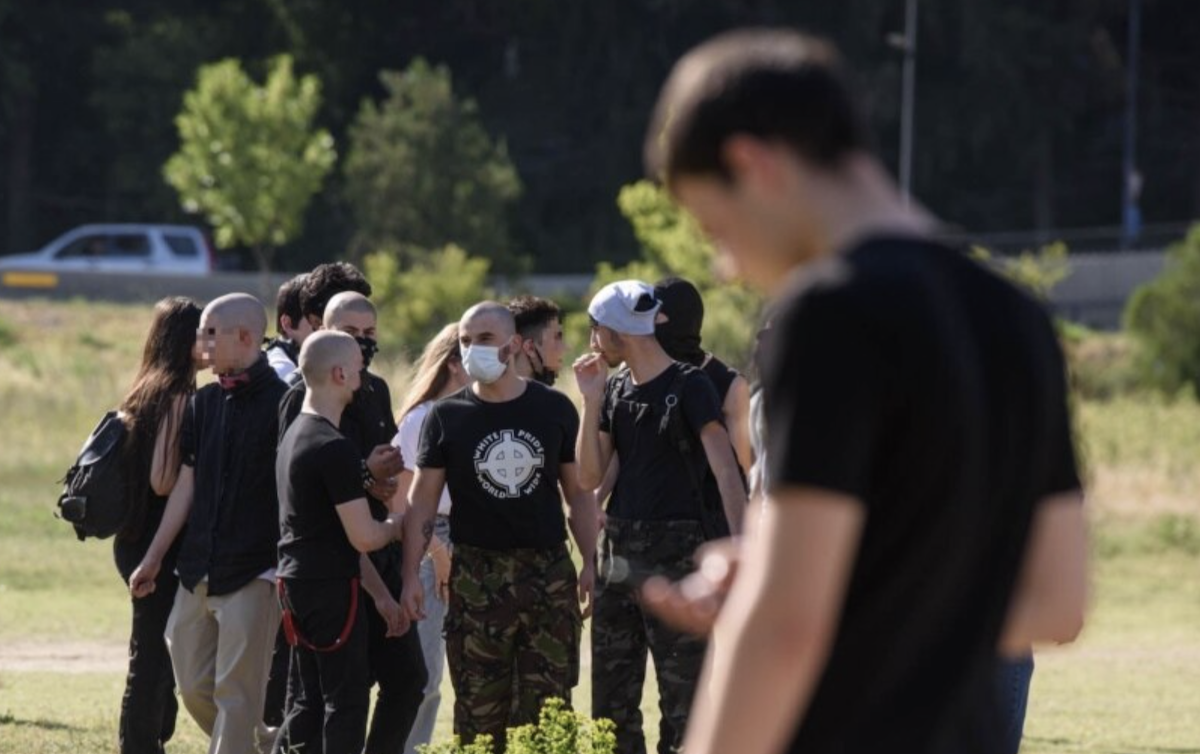Op-ed: Who’s who in the Azerbaijani presidential elections
Early presidential elections in Azerbaijan-2018
The presidential election campaign period has kicked off in Azerbaijan. The elections on 11 April will be the eighth since Azerbaijan received independence and will be the third snap election.
Originally scheduled for October, President Ilham Aliyev decided in February to hold them earlier in April.
Officially, 15 individuals put forward their candidacy, eight of which were accepted by the country’s central election commission. The elected president will govern for seven years.
Below we’ll get into who’s who in the upcoming elections and who is missing from this year’s election list.
Whos’ who
The only ‘ who’ in these elections is current president Ilham Aliyev. There is little doubt that he will become president for the fourth time in a row. Even if the elections were to proceed in the most democratic of ways, equivalent to what one can observe in Scandinavian countries, Aliyev will win regardless.
What remains to be seen is what percent of the vote he’ll win. In previous elections he won 77%, 89% and 84.5% of votes according to official data. My prognosis is that this year he’ll finally break the 90% threshold because the presidency has become a question of prestige rather than of credibility.
Another question is whether Ilham Aliyev will make it another seven years in the presidency. But that’s a different story for another article.
Who isn’t
The other seven candidates can be divided into three categories.
‘Old-timers’
This category is comprised of veterans from the national-liberation movement at the end of the 1980s: Araz Alizade, Sardar Jalaloglu Mamedov and Faraj Guliyev.
Alizade and Guliyev are members of parliament. Sardar Mamedov is the chairman of the Azerbaijan Democratic Party.
‘Youngsters’
Three candidates – Gudrat Hasanguliyev, Zahid Oruj and Razi Nurullaev – can be called ‘young’ when compared to the rest. The oldest of them is 52, the youngest is 46. They are united by the fact that they broke away from their parties hoping to receive some financial support from the government.
Court jester
Hafiz Hajiyev, nicknamed ‘Hafiz the Fish’, is known for his flashy eccentricity and his lack of education. He is the authorities’ ‘on call jester’ who is called upon once every five years to name-call and throw dirt on other political opponents. Moreover, at every election, he reliably comes in last place. I don’t even want to write anything more about him.
Many ask how the candidates of the ‘nobody’ category were able to get 40 000 signatures in 60 voting districts in support of their candidacy. Former member of the central election committee, lawyer Akif Gurbanov, believes that this is possible only with the on-site help of the authorities.
“There are candidates who receive only 38 ‘likes’ on their official Facebook pages over several days. Or their interviews might be read by only several dozen people. However, in some miraculous way, they get 40 000 signatures in three to four days,” writes economist Natiq Jafarli.
Who’s not in the elections?
The main opposition parties of Azerbaijan have decided to boycott the elections. In a joint demonstration on 10 March, the former opposition candidate and chairman of the National Committee of Democratic Forces Jamil Hasanli stated: “The aim of the authorities is not to hold snap elections, but elections lacking in choice.”
There are other factors at play here: for example, the leader of the Musavat party Isa Qambar had a heart attack recently and is being treaty in a Turkish hospital.
Another potential candidate and chairman of the opposition movement Republican Alternative (ReAL) Ilgar Mammadov has been in jail now for five years and has been recognised as a political prisoner abroad.
What’s next
Undoubtedly, these elections will go down in Azerbaijan’s history as unremarkable. Ilham Aliyev will easily win his fourth term. But the most interesting aspect is how Aliyev will use his carte blanche. Will he make compromises vis a vis Karabakh? Will he get closer to Russia and enter the Eurasian union? How will power diffuse among the Azerbaijani political elite, and what intrigue is in store? The most interesting question of all: will Aliyev prepare an heir to the throne, and just who might that be?










